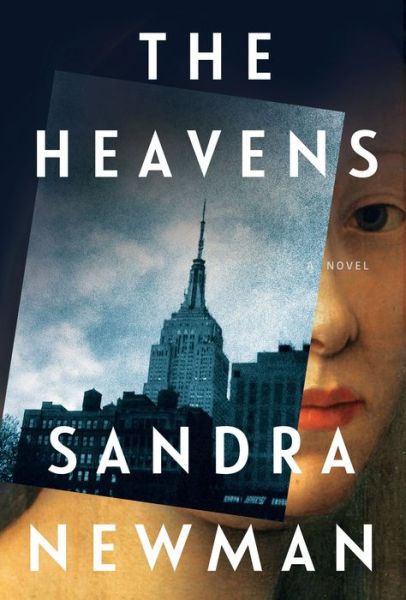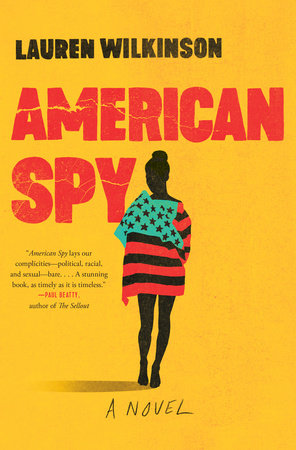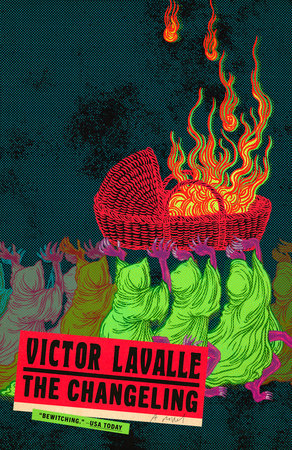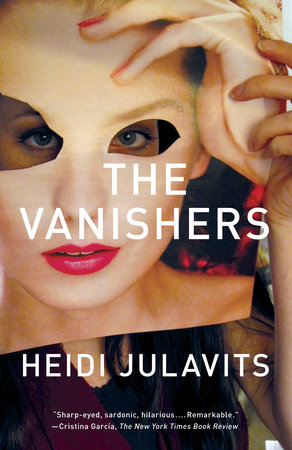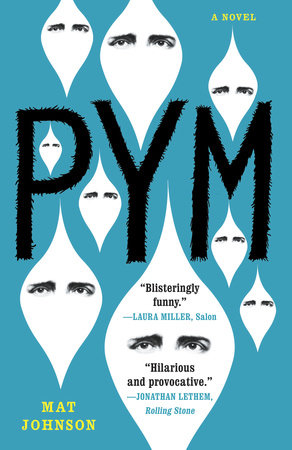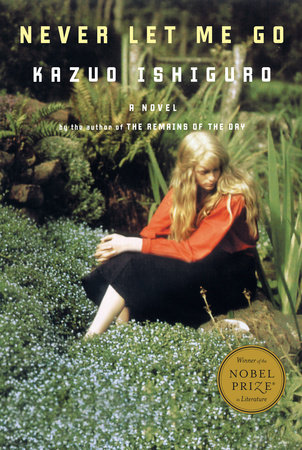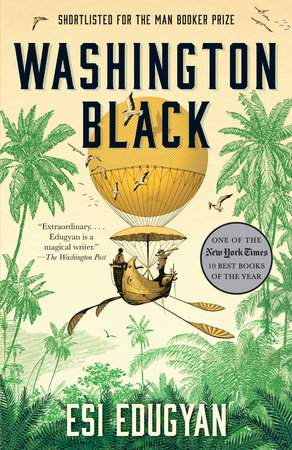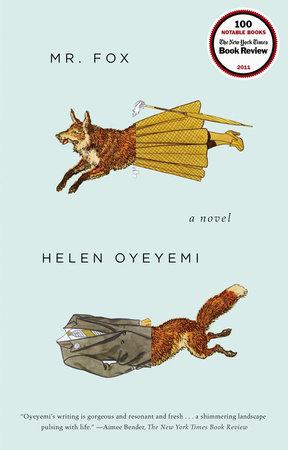Reading Lists
12 Books That Prove the Literary/Genre Distinction Is Bogus
Anita Felicelli, author of "Chimerica," recommends novels that don't sacrifice narrative pleasure for literary pretension
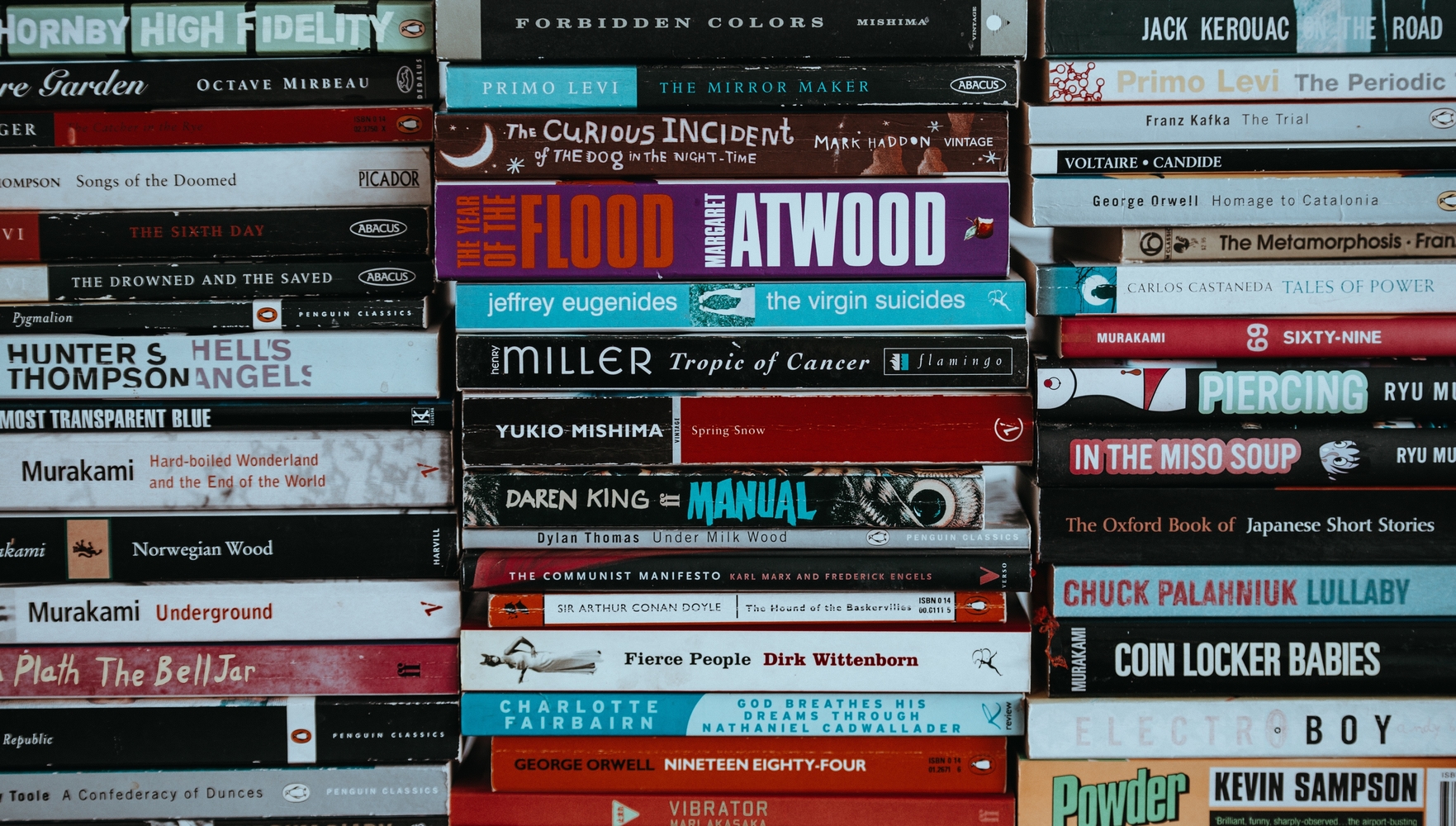
When I first joined a workshop in 1994, American literary fiction was dominated by and continually lauded a “quiet” kind of writer, one often influenced by J.D. Salinger, Ernest Hemingway, or Raymond Carver. I loved literary fiction—I’d been reading, writing, and submitting it since high school. But what nagged at the corners of my mind was my sense that there was a vast gulf between what had given me so much pleasure in fiction once upon a time—the glittering work of writers like Zilpha Keatley Snyder, Lloyd Alexander, Ray Bradbury, Wilkie Collins, Philip K. Dick, the Brontë sisters, Robert Louis Stevenson—and what constituted “important” fiction that serious people read; what they assigned us in schools.
I didn’t come from a background where people, as a matter of course, read literary fiction or the New York Times on Sunday mornings, or went to readings. Both of my parents started out as frugal engineers and immigrants—well-educated and down-to-earth. Reading literary fiction was initially, to me, about migrating away from where I’d come from.
By the time I graduated college, some of my initial enthusiasm about the pleasure of genre fiction had been siphoned away. I became ambivalent about losing joy as I wrote, and also about finding it while reading. As someone who had spent her life gazing through a plate-glass window, nose pressed against it, to watch more closely what the rich people were eating, I was determined, when I started submitting, to write in a style and form that was recognized as literary fiction, even if that meant less pleasure for me.
But in 2003, I encountered Jonathan Lethem’s incredible semi-autobiographical The Fortress of Solitude. Here was fiction that united serious themes and original voices with the addictive desire to turn the page. The Fortress of Solitude made use of various storytelling structures, not restricting itself to what those unconcerned with literary pleasure might find worthy. Here lay the influence of comic books, detective stories, science fiction—some of the most viscerally pleasurable forms of narrative—along with Borges, Marquez, Calvino. It took a while for this high-low aesthetic to become more prominent, but over the years, I came to understand that this was also the kind of fiction I hoped I would write: literary fiction that was curious and voracious and inventive.
Following are twelve of the best contemporary literary novels I’ve read that play with genre tropes, fusing them to larger themes rooted in the concrete details of our present-day world—love, marriage, time, inequality, betrayal, ambition, memory, and storytelling itself—with distinctive prose. These novels pantomime genre: rather than directly mirroring it, they slip wholeheartedly inside the tropes and shake them up. They pull you to the top of a rollercoaster ride and let go, subverting your expectations of what literary fiction can or should do.
The Heavens by Sandra Newman
Sandra Newman’s seductive and charming novel borrows from both the time travel and romance genres. Kate and Ben meet at a party in Brooklyn and fall in love, but their romance is complicated by her inadvertent time traveling while she sleeps. In slumber Kate travels to Elizabethan London, where she’s known as Emilia and has a romance with the little-known playwright Will Shakespeare. She’s also certain she can save the world. Every time she travels, she changes the present-day, but not necessarily for the better. There’s also the question of her sanity. It is challenging enough to balance and generate heat within a single fictional timeline. Remarkably, Newman juggles two of them––highly disparate spaces, one of which is mildly absurd and yet has real effects on the other.
The Third Hotel by Laura van den Berg
Laura van den Berg’s surreal second novel The Third Hotel plays with the horror genre. A widow visiting Cuba for a screening of a zombie movie at a film festival spots her dead husband, a horror film professor, outside a museum. Believing he may have been resurrected, she begins tailing him through Havana. Meditations on grief and marriage arise organically from this setup. One of the most interesting pleasures of reading Laura van den Berg’s fiction—and there are many—is that she takes the shapes of genre and rewrites their structures in a language all her own, simultaneously elegant and disturbing. At every turn, her sentences surprise, unsettle, and buttress her strange but riveting plots.
American Spy by Lauren Wilkinson
American Spy is a debut thriller in the John Le Carré model that explores politics and ideas one might not expect from a spy novel. The plot revolves around Marie Mitchell, a young Black woman who faces off with an intruder one night. Realizing his presence is due to her past as a CIA spy, she flees the country with her four-year-old twins to Martinique, where her mother lives. The novel is mostly set during the Cold War when Marie was stationed in Burkina Faso, shadowing the radical Thomas Sankara. American Spy has the kind of incredible political subtext that’s rare in fiction. This is engaging work by an author who is having fun with ideas, without losing a sense of proportionality about how the world moves and what is important within it.
The Changeling by Victor LaValle
Victor LaValle’s haunting New York City novel starts at a slow burn, with intimations here and there that something dark is afoot. Apollo Kagwa’s father had disappeared during his childhood, leaving his son with a recurring nightmare and a box labeled “Improbabilia.” Apollo’s wife Emma’s postpartum depression turns into something out of a horror movie, and she disappears. After a stint in jail, Apollo begins searching for answers in some strange places. As a woman on an island tells him: “You and Emma have ended up in one ugly fairytale.” In a voice that’s subtly magical, full of the fairytale forest, and all too real, LaValle keeps you turning the page.
The Vanishers by Heidi Julavits
Julia Severn is a talented student at a school for psychics. She’s selected to be the stenographer for a famous psychic she idolizes. Julia transcribes the psychic’s regressions, but eventually, out of boredom, starts making up complicated stories about the trances instead. When the psychic figures out that the regressions don’t add up, she also discovers that Julia has psychic talents of her own. Jealously, she targets Julia for a psychic attack. Heidi Julavits is a stylish novelist whose eye is always trained towards what is simultaneously beautiful and upsetting. Her plots are improbable and exciting—this one reminds me of an X-Men comic book—yet somehow unfold with what can only be described as the highest form of grace.
Pym by Mat Johnson
Christopher Jaynes is a Black professor of American literature who is denied tenure and becomes obsessed with Edgar Allen Poe’s novel The Narrative of Arthur Gordon Pym of Nantucket. When he finds a manuscript suggesting that Poe’s novel is a true story, he tries to find the island of Tsalal. It’s described in Poe’s novel as a place of Blackness, which leads Jaynes to imagine it as a kind of mythical refuge from whiteness. On his epic journey, he’s joined by a crew of Black adventurers following Pym’s path to Antarctica, and they face all kinds of surreal adventures. Johnson is incredibly funny, his observations sharp and cutting and full of heart and humor. He brilliantly excavates a piece of fiction that’s nothing more than a footnote in literary history, zooms in on it and turns it upside down, and in so doing, complicates Blackness while revealing the absurdities of white America.
Never Let Me Go by Kazuo Ishiguro
Never Let Me Go by Nobel Prize winner Kazuo Ishiguro is a dystopian novel about Kathy H., who is a “carer”—she works as a caregiver for other humans who’ve been cloned for the purpose of donating organs. During childhood, she attended a boarding school where the teachers ensured that the children understood the importance of health and making art. During her school years, Kathy befriends two students, Ruth and Tommy. Even though Kathy and Tommy have a clearer connection, it’s Ruth and Tommy who eventually develop a relationship. Years later, when Kathy is her carer, Ruth makes an unsettling confession. There’s no denying Kazuo Ishiguro’s unparalleled syntax and diction, his emotional genius, his bleak yet penetrating glimpses into the human heart and its mysteries.
The Amazing Adventures of Kavalier and Clay by Michael Chabon
“To me, Clark Kent in a phone booth and Houdini in a packing crate, they were one and the same thing . . . You weren’t the same person when you came out as when you went in,” Sam Clay tells people. Escape, magic, and transformation are explored in Michael Chabon’s lush, surprising, and comic Pulitzer Prize-winning novel The Amazing Adventures of Kavalier and Clay. Joe Kavalier and Sam Clay are cousins who meet in 1939. Their creativity leads them to illustrate and write comic books about the Escapist, an anti-fascist superhero. The novel is marked by the recurrence of a golem, an automaton brought to life by magic.
Washington Black by Esi Edugyan
Washington Black is a subversion of the 19th-century British adventure yarn. It tells the story of George Washington Black, “Wash,” a slave on a sugar plantation in Barbados who is assigned to a new master, an inventor of a flying machine. After Wash escapes from the plantation on the flying machine, he begins to discover his artistic talents and personal depths he’d never had the chance to recognize while enslaved. Edugyan turns the adventure on its head, directing her penetrating intellect and insight towards a figure who would have been a sidekick in a book by Robert Louis Stevenson or Jules Verne. But given even a sliver of a chance, Wash proves to be a hero in his own right. Edugyan is a novelist whose work reads as straightforward, yet is so deep and revelatory. It’s exciting, after reading her gothic debut The Second Life of Samuel Tyne and her second book Half Blood Blues, a jazz novel that jumps back and forth in time, to consider what she might do next.
A Questionable Shape by Bennett Sims
Bennett Sims’s A Questionable Shape is another book that rocked me to my core. This is a novel less interested in zombies and urgent excitement than it is in feelings and ideas. Set in Baton Rouge, Shape centers a young man and his girlfriend in the midst of a zombie outbreak. The zombies are being corralled and quarantined, but hurricane season is impending. The young man risks a bite to help his best friend on a quest to find the friend’s father, who might have been turned into a zombie. Meanwhile, the couple’s relationship is put under stress. The novel is more a philosophical meditation on memory than it is a zombie story, but it’s the threat of zombies that gives the novel its powerful atmosphere of dread and loss.
Mr. Fox by Helen Oyeyemi
Helen Oyeyemi’s unabashed love for children’s stories and fairytales winds up in nearly every one of her novels. Mr. Fox is metafiction about a celebrated novelist’s character, Mary, who comes to life and declares she’s tired of seeing novelist John Fox kill all the women in his books. She suggests he’s avoiding what’s real in favor of what’s easy to write—murders––and wants him to examine human connection more closely. Mary and the author start to tell stories in a kind of battle that asks how storytelling can move forward without a murder. Oyeyemi’s writing is unparalleled and ingenious. Her sentences are often miniature stories of their own, sometimes lending support to the larger story, and at other times serving as the fingers that yank away a Jenga block. Miraculously, Oyeyemi’s narrative structures remain standing.




